Most people form a cavity in their teeth at some point in their lives. But this early stage of tooth decay, while easily treatable, leaves lasting damage to your tooth enamel. If decay worsens, bacteria will eat away at your dental structure to cause severe harm to your smile.
Good oral hygiene can keep decay at bay, but your habits could put your oral health at risk. Follow advice from your dentist and pay attention to your smile to prevent cavities and other dental dangers. Read on to learn about three oral behaviors that could heighten your chances of developing tooth decay.

Which Behaviors Can Lead to Tooth Decay?
Consuming Sugary and Acidic Foods
Tooth decay occurs when bacteria penetrate weak spots in your tooth enamel to eat away at your smile. You increase your risk of forming tooth decay when you participate in activities that erode or wear down your enamel, or the outer layer of the tooth. Consuming acidic foods and drinks, like citrus fruits or juices, will do this.
When sugar reacts with the saliva, it becomes acidic and will also erode your enamel. To preserve your dental structure, dentists recommend limiting the amount of sugary and acidic items you eat.
Making these changes to your diet may seem annoying, but it can prevent severe and irreversible dental damage in the long run. A dentist can treat a cavity relatively easily, but you should preserve as much of your natural dental structure as possible.
Using Tobacco
Smoking, chewing, or otherwise using tobacco introduces toxins into the body that can cause many health concerns. This risk extends to dental issues like tooth decay as well. Nicotine from tobacco will decrease saliva production, which will leave you with dry mouth.
A dry oral environment allows the natural bacteria in your mouth to spread with ease across your teeth. Then bacteria can better access weak spots in your teeth to create decay. If you stop dry mouth and the habits that can cause it, like smoking, then you can lower the risk of tooth decay.
Grinding and Clenching Teeth
Clenching or grinding your teeth, a habit known as bruxism, may seem annoying, but it can also seriously harm your smile. The grating of the teeth against each other will wear down and weaken the tooth enamel. In this state, bacteria can more easily reach the teeth and cause tooth decay.
If bruxism stems from stress, practicing breathing exercises or stretches to try to loosen the tension that can lead to this behavior. Some patients might benefit from a night guard that can cushion their teeth against grinding that may occur as they sleep.
People might also grind their teeth due to alignment issues in their teeth or jaw. A dentist can straighten a patient’s smile to amend bite problems using Invisalign. Schedule a consult with your dentist to learn the cause of your bruxism and find appropriate treatment.
